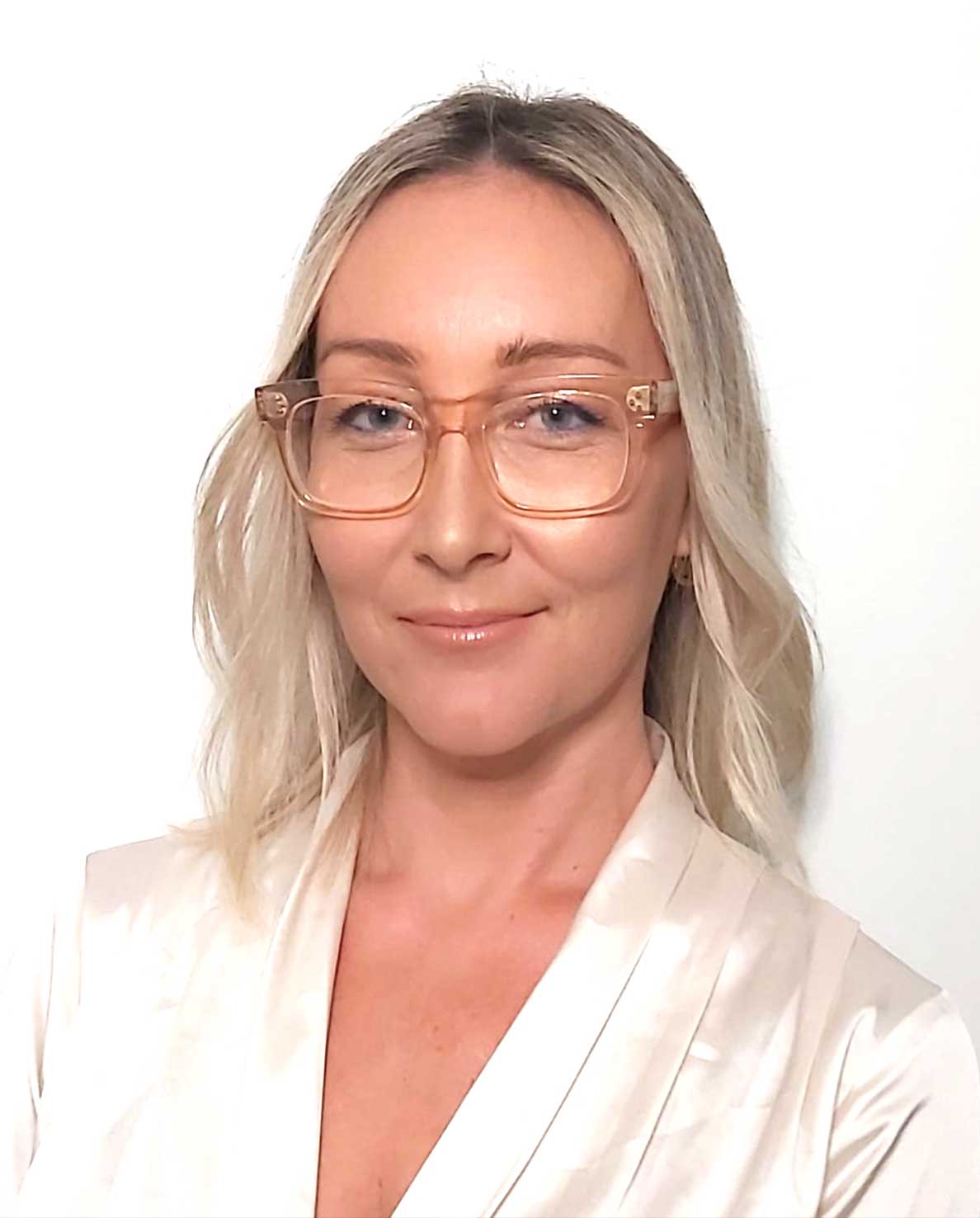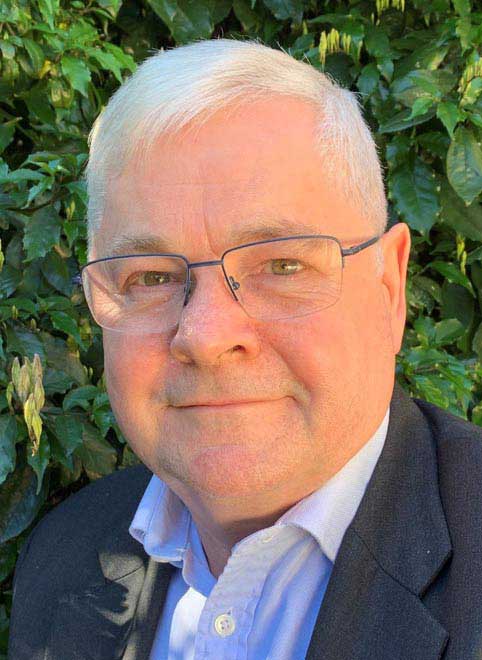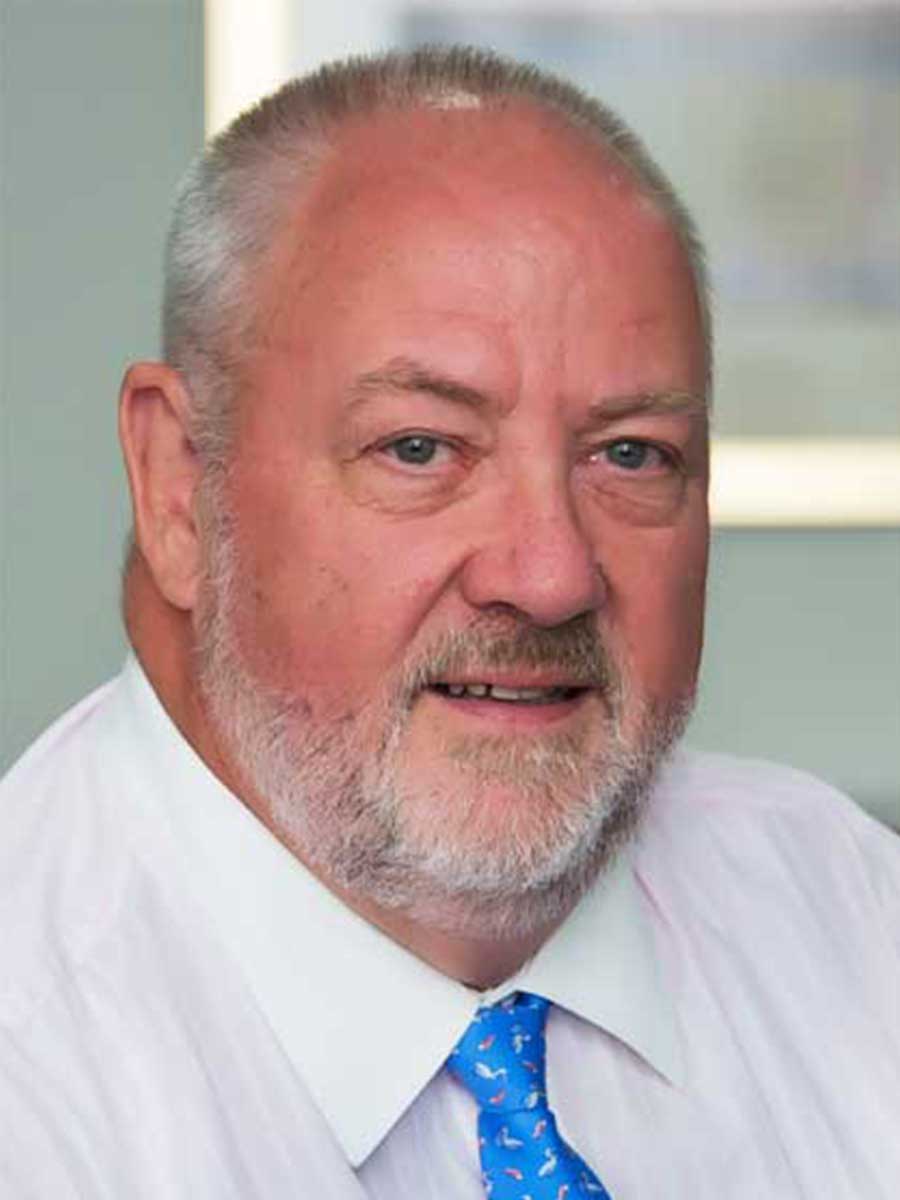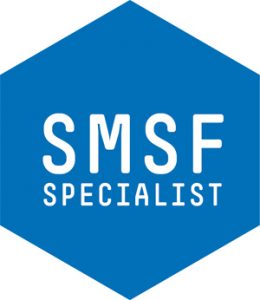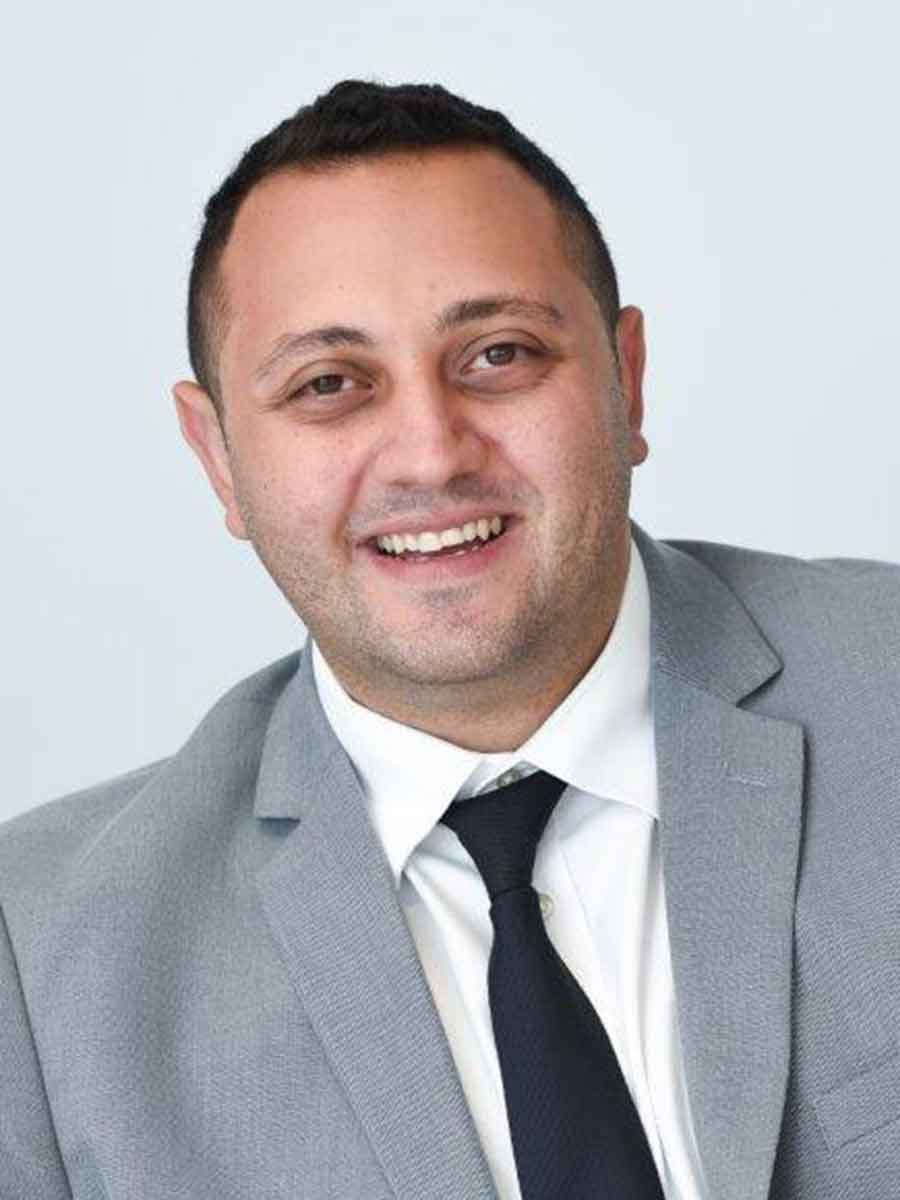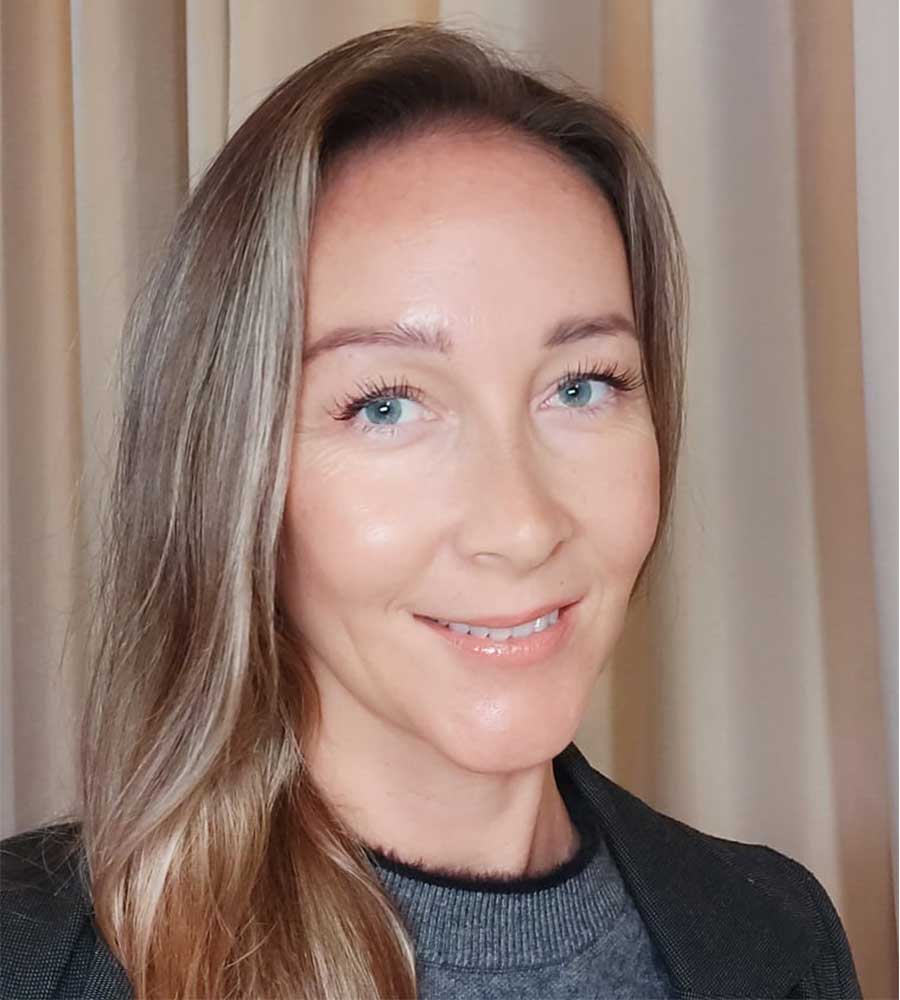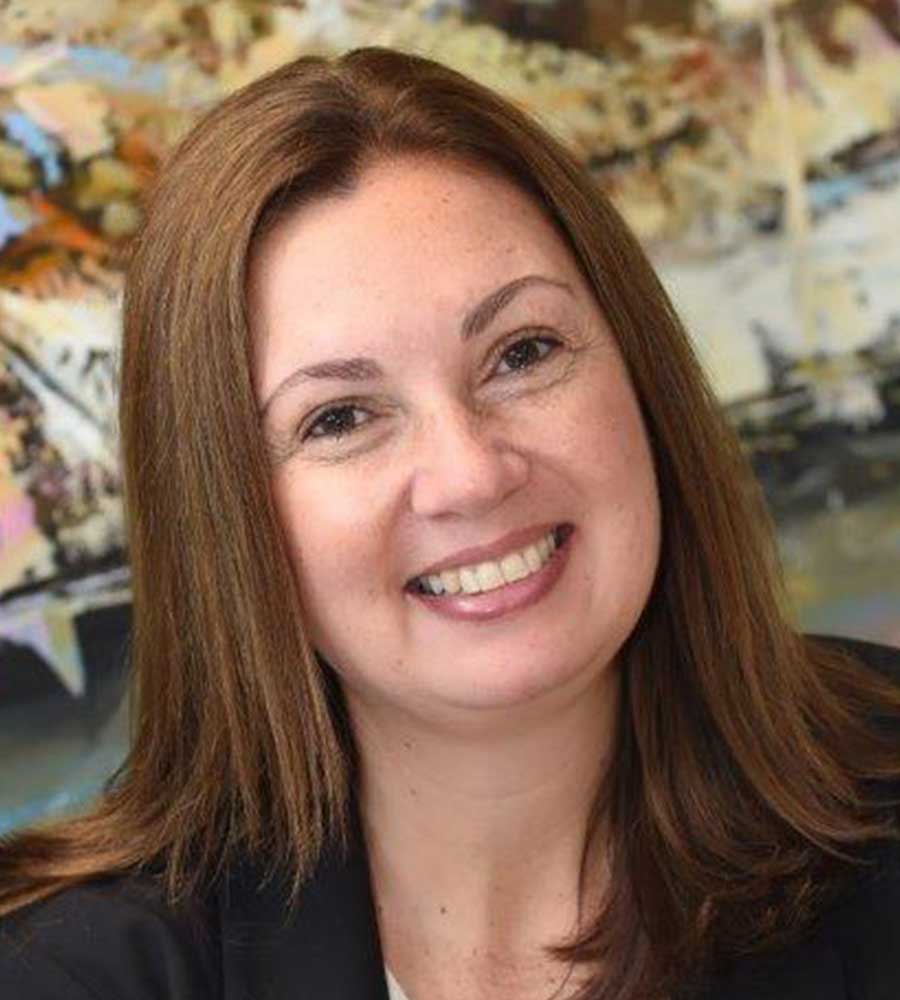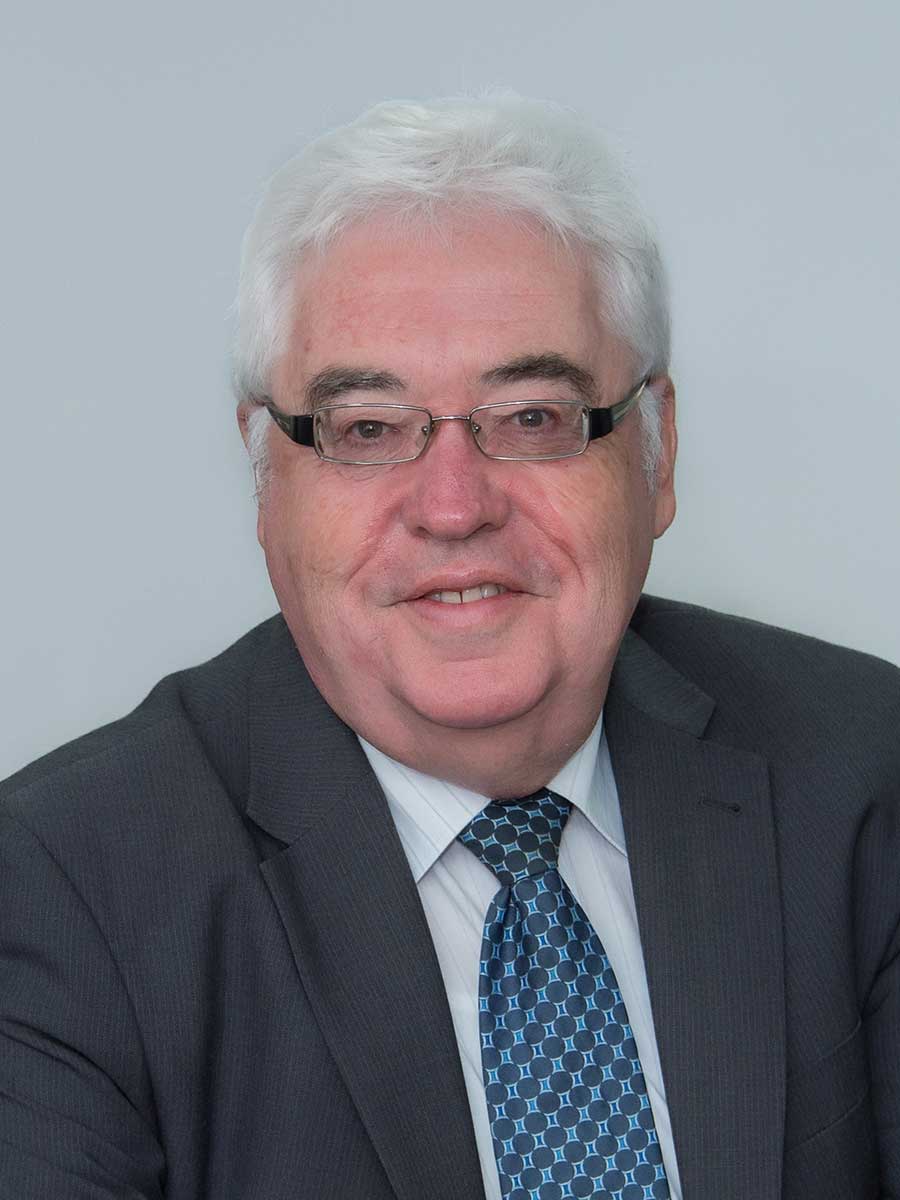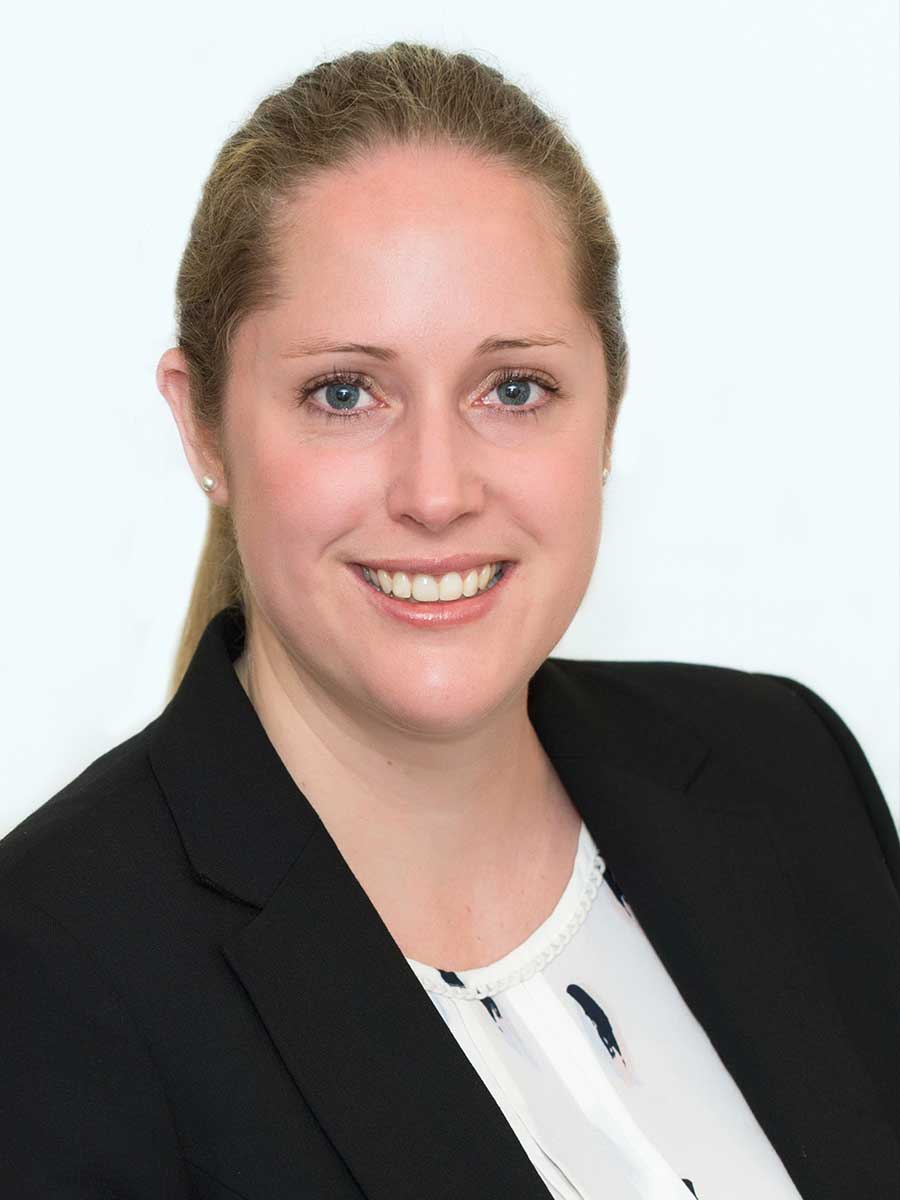Downsizer contributions were the top query received by the BT technical services team in the December quarter, with many retirees looking to downsize for lifestyle and health reasons.

During the December quarter, one of the most frequent questions received by the BT technical services team, who fielded over 2,000 adviser queries, related to downsizer contributions.
BT technical consultant Tim Howard said clients looking to sell the family home are asking their advisers about what the impacts may be on their superannuation and age pension.
“During the worst of the pandemic, it seems many retirees stayed put and delayed any decision to move. With the pandemic situation mostly under control in Australia, along with positive news about the development of viable vaccines, retirees have been feeling more confident and are putting their plans in motion,” Mr Howard said.
Mr Howard reminded advisers that clients who are over the age of 65 may be eligible to make a downsizer contribution to their super fund, following the sale of their main residence. Advisers have been asking BT about the details on the eligibility criteria of this measure.
“The downsizer contribution will not count towards a client’s non-concessional contributions cap, so it can still be made even if they have a total super balance greater than $1.6 million. The contribution is, however, limited to $300,000 or the proceeds of sale, whichever is the lower amount,” Mr Howard explained.
“Advisers should keep in mind that clients need to make the contribution within 90 days of receiving the sale proceeds. While this time may seem sufficient at first, the process of buying and selling a home, along with tasks such as making family and healthcare arrangements, can mean that taking advantage of this contribution strategy is placed on the backburner.”
With moving house often a busy and challenging period, Mr Howard said the key is to plan ahead.
“Advisers can encourage their clients to discuss early in the process whether a downsizer contribution to super should be part of their financial plan,” he said.
The second most-received query was the impact of sales proceeds from the principal home on their eligibility for the age pension.
“If a client has sold their principal home, and is intending to use the sale proceeds to buy, build or renovate a new principal home, then the proceeds can be exempt under the assets test for 12 months — and therefore the sale may not adversely affect their age pension entitlement during that time,” he stated.
The technical services team also received a lot of queries regarding the superannuation guarantee amnesty.
Under a one-off amnesty which ended on 7 September 2020, employers could self-correct historical underpayments of the superannuation guarantee (SG). The catch-up payments have resulted in some employees exceeding their concessional caps, leading to questions on how to resolve this problem, Mr Howard explained.
Advisers, he said, can apply to the ATO to disregard or re-allocate the payments to the financial year in which the contribution should have been made, for cap purposes.
“Importantly, if a client receives an excess contribution notice this year, they need to respond within the time prescribed,” he cautioned.
“If they know they are going to go over the cap, it’s best to make an application for an excess contributions determination ahead of time, and not wait for the notice.”
With the bill to increase the age at which a bring-forward non-concessional contribution can be made to super still stuck in Parliament, this topic has also generated a lot of queries.
According to the technical service team, the volume of adviser queries on this subject remains high, as advisers question whether the start date will be amended and whether a grace period will be put in place, and even whether the proposed legislation is still expected to become law.
“The legislative process has been delayed; however, there is still a high level of confidence that the critical component, regarding the bring-forward non-concessional contribution to super, will pass, as it’s not contentious,” Mr Howard said.
The other topic generating a lot of adviser queries was around the treatment of foreign assets, pensions and income streams.
“Many Australians maintain links to another country. Some own property overseas or receive a pension from a foreign government where they may have previously worked. Normally, they may travel to that country regularly and perhaps use their foreign-sourced income to fund their trips,” Mr Howard said.
“Due to the restrictions on travel during COVID-19, some may be leaving their income streams as is, while others are looking into selling their assets. Advisers are being asked how these will be treated by Centrelink in relation to clients’ eligibility for the age pension.”
Mr Howard explained that, generally, foreign assets and income streams are captured in Centrelink’s assessment for eligibility. However, the treatment can be different depending on the country, so, as always, it’s best to thoroughly check each client’s situation.
Miranda Brownlee
25 January 2021
smsfadviser.com



